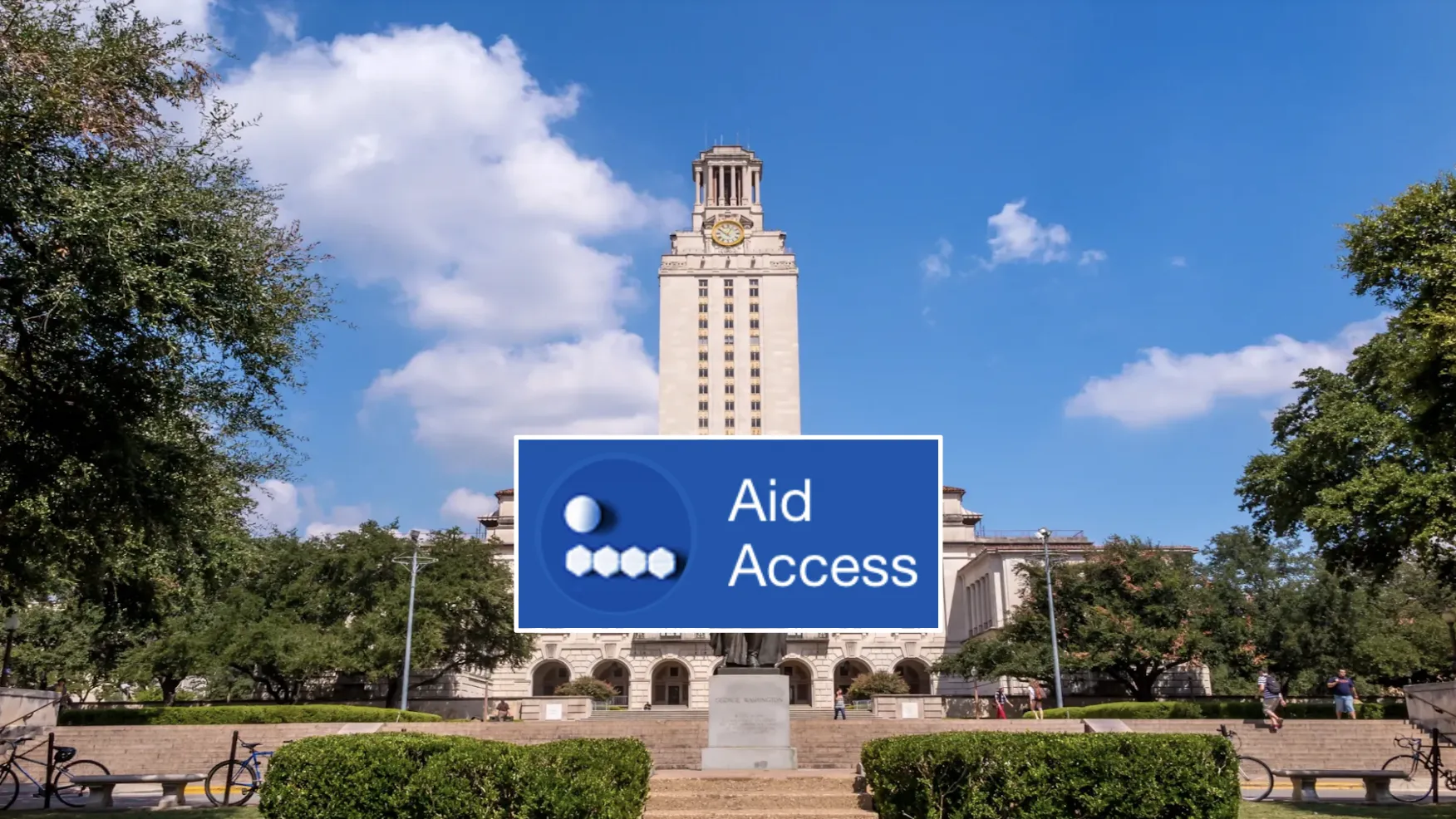On Thursday, January 20, 2022, the City of Alvin (pop. 27,140), located in Brazoria County about 30 minutes south of Houston, considered an ordinance that would have outlawed abortion within city limits. The ordinance was placed on the council agenda by Councilmen Joel Castro and Richard Garivey. Prior to public comment being heard on the measure, the Alvin City Council went into executive session with City Attorney Suzanne Hanneman, who is believed by many to have advised against the measure behind closed doors.
During public comment, a total of seven people spoke in favor of the ordinance, including a representative from Texas Right To Life. Throughout the discussion, the questions, objections, and concerns posed by Mayor Paul Horn and other city council members revealed that the leadership of Alvin was either honestly uneducated or willfully ignorant of the ordinance outlawing abortion.
Mayor Horn claimed that the ordinance was not legal, was not written properly, and was set up to draw lawsuits. He also claimed this version of the ordinance had not been passed by any city, that the City of Alvin did not have the authority to tell individual companies which insurance providers they can and cannot use, and that the City of Alvin did not have the money to fight a legal challenge. Councilman Keko Moore shared that his concern was with the legality and enforceability of the ordinance, claiming that the ordinance was just a symbolic gesture. Councilman Glenn Starkey argued that the proposed ordinance did not address the issues brought up by Councilman Castro and the public.
Despite the fact that not a single person who spoke at the council meeting during public comment was opposed to the measure, Councilman Castro was the lone council member who voted in favor of the measure.
The vote to reject the ordinance was a surprise to many, especially considering the conservative nature of the county. An overwhelming majority of those who vote in Brazoria County are conservative Republican voters whose beliefs and values do not line up with the Biden administration’s desire for abortion access in every zip code. During the 2018 Republican Party primary voters, in Brazoria County had the opportunity to vote on Proposition 7, which read, “I believe abortion should be abolished in Texas.” Out of the 23,635 votes in Brazoria County, 15,971 voted in favor of outlawing abortion in Texas, and 7,664 voted against outlawing abortion in Texas.
The outlawing of abortion on a local level has been a strong stance of the Republican Party of Texas and even became an official plank of the party platform for 2020. The platform plank reads, “We support the right of Texas municipalities to protect mothers and pre-born children in their communities by passing enforceable city ordinances that ban abortions and abortion industry businesses within their city limits.”
In response to the questions, objections, and concerns of the Alvin mayor and city council, the Sanctuary Cities for the Unborn Initiative is running full-page ads in the Sunday edition of The Alvin Sun and the Wednesday edition of The Alvin Advertiser.
The proposed Alvin Ordinance Outlawing Abortion would immediately outlaw abortion within city limits, just like the 39 other Sanctuary Cities Ordinances that have been passed in the State of Texas. The proposed ordinance states, “It shall be unlawful for any person to procure or perform an abortion of any type and at any stage of pregnancy in the City of Alvin, Texas,” and, “It shall be unlawful for any person to knowingly aid or abet an abortion that occurs in the City of Alvin, Texas.” Abortion is defined by the ordinance as “the act of using or prescribing an instrument, a drug, a medicine, or any other substance, device, or means with the intent to cause the death of an unborn child of a woman known to be pregnant.”
The ordinance is clear that the act is not an abortion if the act is done with the intent to “save the life or preserve the health of an unborn child” or “remove a dead, unborn child whose death was caused by accidental miscarriage” or “remove an ectopic pregnancy.” It only allows for an abortion “in response to a life-threatening physical condition aggravated by, caused by, or arising from a pregnancy that, as certified by a physician, places the woman in danger of death or a serious risk of substantial impairment of a major bodily function unless an abortion is performed.”
At the time of the City of Alvin’s council meeting on Thursday, January 20, 2022, a total of 39 cities throughout Texas had passed enforceable ordinances outlawing abortion within their city limits.
While the proposed ordinance is unique to the City of Alvin in the city name and structure of the ordinance, it is identical in content to the ordinances that have been passed in the cities of Cisco (pop. 3,913) and Slaton (pop. 6,235). The proposed Alvin ordinance is also identical in content to the ordinances being proposed in San Angelo (pop. 101,612), Abilene (pop. 124,407), Lindale (pop. 6,730), and Plainview (pop. 22,343) through the citizen initiative petition process.
One of the unique aspects about this version of the ordinance is that it has a section prohibiting abortion coverage in employer-provided health insurance plans. While Mayor Paul Horn questioned whether the City of Alvin had the authority to enact this prohibition, the provision is consistent with the belief that companies that wish to assist in the killing of innocent human beings should be held accountable.
Currently, the State of Texas forbids abortion coverage in employer-provided health insurance or benefits, except for abortions in cases involving (1) the life of the mother at risk , (2) rape, and (3) incest. This provision is inconsistent with the pre-Roe v. Wade Texas abortion statutes that only allow for abortions in the case of saving the life of the mother and NOT rape or incest.
What the Alvin ordinance does through the inclusion of Section 15-133 (Abortion Coverage Prohibited in Employer-Provided Health Insurance or Benefits) is align itself with the pre-Roe v. Wade Texas abortion statutes and the Texas Heartbeat Act in ensuring not even abortions in the cases of rape or incest are funded in insurance packages and benefits.
One of Mayor Horn’s objections to the ordinance was that “the City of Alvin does not have the authority to tell individual companies who they can and cannot have for insurance companies,” but this statement is inaccurate. Since the City of Alvin is a home-rule city, it can exercise whatever powers it wants to unless the laws of the State of Texas do not allow for it to do so. There does not currently exist a provision of state law that can be construed to prohibit Alvin from banning employers in the city from covering abortion in their employee benefits packages. The complete answer to Mayor Horn’s objection on this matter can be found in Section 311.036(b) of the Texas Government Code, which was enacted as part of the Texas Heartbeat Act: “A statute may not be construed to restrict a political subdivision from regulating or prohibiting abortion in a manner that is at least as stringent as the laws of this state unless the statute explicitly states that political subdivisions are prohibited from regulating or prohibiting abortion in the manner described by the statute.” While some city leaders may not be comfortable with this greater restriction on abortion, the inclusion of this section stands well within the framework allowed for by the State of Texas.
Kay Mitchell, who spoke at the meeting during public comment, shared afterwards: “I felt the mayor and council, who all professed to be pro-life, were either misinformed or uninformed and may have felt rushed into taking a vote.” Mitchell continued, “I am praying that they will reconsider this important issue.”
Despite the setback in the City of Alvin, residents in more cities throughout the area—such as Shenandoah, Santa Fe, Dickinson, and Conroe—are discussing the possibility of outlawing abortion within their city limits.
This is a commentary published with the author’s permission. If you wish to submit a commentary to Texas Scorecard, please submit your article to submission@texasscorecard.com.





